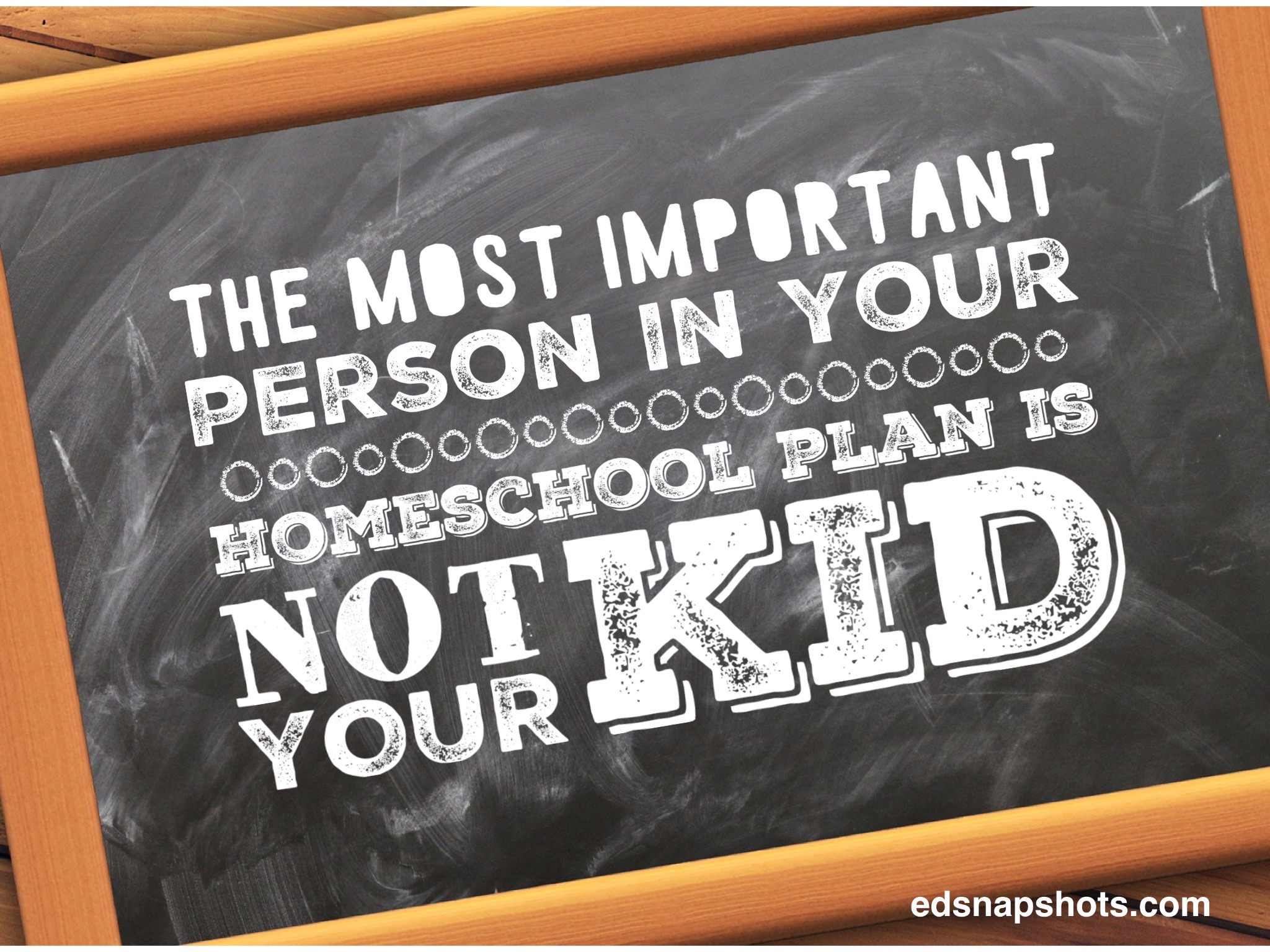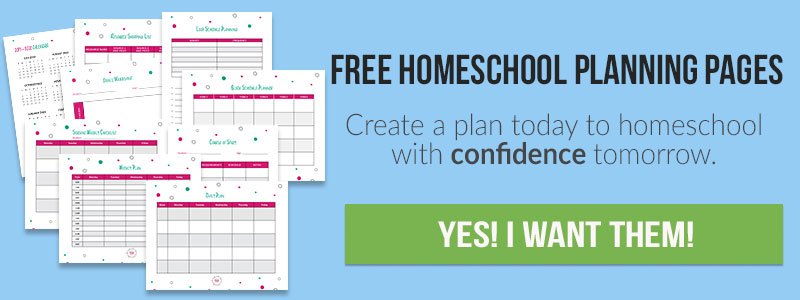
In this world, there are two kinds of people. People who buy any old planner and just use it, and people who buy multiple planning products and never really use any of them.
There’s quite possibly a need for a twelve-step program for that last group. 🙂
The people in the last group aren’t wishy-washy. Instead, they are optimists. They are always sure that a better way has to be out there.
So they keep searching.
I can fall into a similar trap in my homeschool planning.
You can read or listen to this post.
Avoid Homeschool Planning Traps
(Hello! Raise your hand if you’ve ever clicked “Buy” on a totally new math program on a cold, dark, tear-stained afternoon in mid-November. I can’t be the only one.)
I keep searching and searching for the better way, the path of least resistance, the greener patch of grass, the silver bullet — any number of cliched phrases that will allow me to rest my weary homeschool mom body and my frazzled brain.
But what if I am going about it all wrong. What if instead of looking for the easy way, I really should be looking for the way that actually works. This, of course, starts by carefully considering the needs and goals of my own children, but it’s much more than that too.
See, there is another huge factor in the “unique homeschool plan” equation. One that I think often gets completely overlooked. And it’s you.
Yep, you read that right. When you are developing the unique homeschool plan that is going to work for your family, you not only need to keep your kids, their needs, and the goals you have for them in mind. You also need to factor in Y-O-U.
In order to create a plan that works for your family you need to take into account your own strengths and limitations as a homeschooling teacher. What do you do very well? Where do you struggle? What subjects are going to trip you up? What organizational gifts do you bring to your homeschool? Do you bring any at all? 😉
Here’s the deal. Self-motivated second graders (or fourth graders or seventh graders) are not the norm. For much, if not all, of your homeschooling years, you will carry the burden of providing most of the motivation for getting things done in your homeschool.
The plan must work for you or your days will be a constant struggle. Here are a few things to consider about yourself as you build your homeschool plan.
Do you struggle with any of these things?
- Hate reading aloud? Then a literature-based curriculum may not be for you in the early years.
- Do you struggle with managing details? Then you may want to go with a curriculum that is already laid out for you with lesson plans and every resource arriving together in a single box.
- Do you enjoy hands-on projects or hate them? Even if your kids love them, if you do not, then outsourcing those projects might be something to consider.
- Do you need occasional down-time to focus on your own projects or just to take a break from the schedule? Do you work better with set breaks that you can look forward to or do you do better allowing yourself enough days in the schedule to take spontaneous breaks when you want to?
- Do you have a hard time sticking with long term plans? Instead of drawing out a plan for the entire year, would you be better served by creating one for a twelve-week term that you can change up at intervals?
- Do you struggle with direct instruction or commanding your children’s attention? Would you do better arranging for a tutor for tougher subjects or outsourcing a few classes so the kids have another teacher to answer to?
- Do you do better with the accountability of a small group or co-op? Do you thrive on outside activities and group learning situations? Or do you hate them and feel frustrated or constrained by having to work in a group setting?
- Do you want every time slot of the school day planned for or do you prefer a plan of just the basics in blocks leaving a lot of room for rabbit trails and spontaneity in your studies?
- Is it important to your vision to be true to a particular method or are you more eclectic in choosing to do those things that work most easily for you?
- Are academics your main focus in homeschooling or do you have other priorities that rank higher?
- Do you love a bustling, busy school atmosphere with kids clamoring for your attention, or do you prefer a more quiet, structured approach where each child’s time with you is scheduled to make sure you work with everyone equally?
You know yourself. The bigger question is will you create a plan for the real you and not a plan for the you that you hope to be. Because plans for imaginary people? They won’t do real people much good.
So do an exercise with me, please. Grab a piece of paper (go on, I’ll wait). Now write down the three biggest struggles that you experienced last homeschool year. Be honest — you don’t have to share this with anyone if you don’t want to.
Start to think differently about homeschool planning
Now, under each struggle write down one or two things you can do differently this year that could help solve that struggle. If you’re stuck for ideas, we can do a little group therapy here. I am inviting you to share some of your struggles below if you want, and we can work as a community to share ideas that might help everyone.
Now, with those things in mind, check back next week as we talk about some areas that might trip you up as you start making and implementing your plan. Be sure to grab your free planning pages and get on the email list so you don’t miss that post.
- Juggling Big Life Changes and Homeschool - June 17, 2025
- Which Homeschool Schedule Actually Works for You? - June 3, 2025
- How to Keep Homeschool Consistent When Life Isn’t - May 20, 2025



